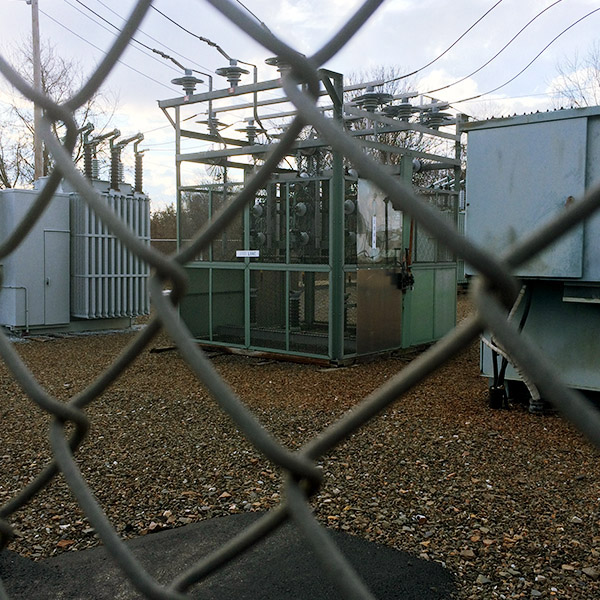
NERC on Tuesday added new guidance documents to its website aimed at helping registered entities deal with the “instability and potential risks to the system” introduced by the growing reliance on distributed energy resources and inverter-based resources (IBRs).
The documents are based on the work done in recent years by NERC’s Inverter-based Resource Performance Subcommittee (IRPS) and System Planning Impacts of Distributed Energy Resources Working Group (SPIDERWG), which the ERO formed to explore potential issues associated with IBRs and DERs and develop white papers, reliability guidelines and other resources to help utilities integrate them into their systems. Both groups have also instigated multiple standards development projects.
Inverter-based resources refer to generation types such as solar photovoltaic and wind facilities that “are asynchronously connected to the grid and are either completely or partially interfaced with the [bulk power system] through power electronics,” according to NERC’s reliability guideline for IBRs.
DERs include resources that produce electricity but are not included in the bulk power system as NERC defines it, such as rooftop solar panels and behind-the-meter batteries, or cogeneration plants in which electricity is generated from energy produced as a byproduct of another process.
While there is some overlap between these categories — for example, rooftop solar panels also use inverters — the IRPS focuses on grid-scale generation facilities rather than the smaller installations handled by the SPIDERWG; hence the new quick reference guides, which bring together all of each group’s activities into a single searchable document, have no items in common.
Both documents are 12 pages long, but the types of information covered are not identical. Elements shared between the two include reliability guidelines developed by the relevant subgroup, white papers published during their work, standard authorization requests (SARs), and records of industry webinars they have delivered.
The IBR reference guide also has links to the various reports the IRPS has created on disruptions to the BPS that touch on IBR performance issues. One such report concerns a series of disturbances involving solar resources last summer in California, developed alongside WECC staff; also included is NERC’s report on the Odessa disturbance that occurred last year in Texas. (See NERC-ERCOT Report Reviews Texas Solar Issues.) In addition, the IBR guide lists the alerts that NERC sent in 2017 and 2018 about potential loss of solar resources because of inverter settings.
The DER reference guide does not include disturbance reports, but it does have a similar section for presentations heard by SPIDERWG on previous issues with DER integration. Several of these reports concern the experience of smaller power systems such as those in Colombia and Hawaii, where the impact of DERs can be seen more easily than in a large grid; others concern markets such as California, where the penetration of DERs has been relatively high.
In an email to the IRPS and SPIDERWG on Tuesday, NERC Senior Manager Ryan Quint said the plan is for both groups to update their respective documents regularly so that they can serve as a “one-stop shop” for industry. The documents will have their own entry under the “Initiatives” tab on NERC’s website.



